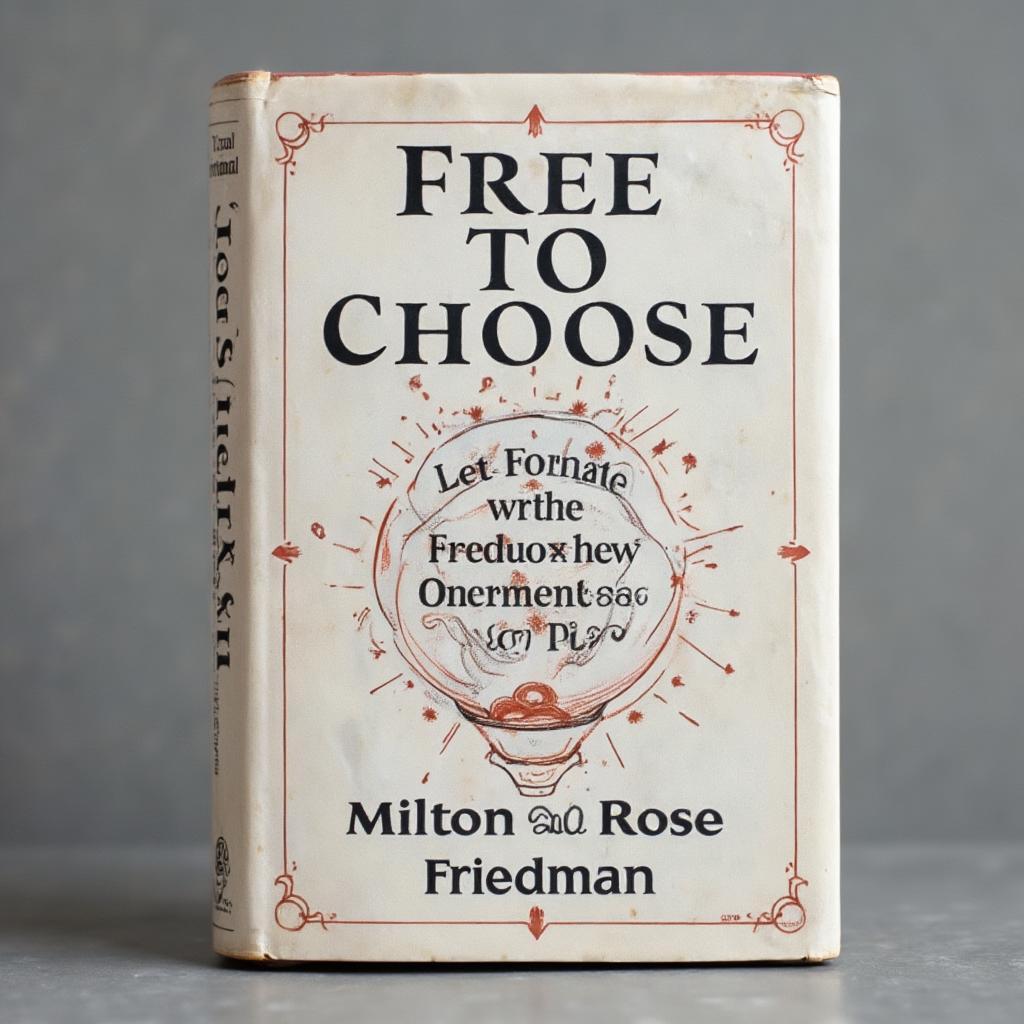Milton Friedman, a name synonymous with free-market economics, remains a towering figure in 20th-century economic thought. His unwavering advocacy for free markets, limited government intervention, and monetary policy reform earned him the 1976 Nobel Prize in Economic Sciences and cemented his place as one of the most influential economists of all time. This leader bio explores the life, achievements, and enduring legacy of Milton Friedman, a true symbol of intellectual persistence.
Born in Brooklyn, New York, in 1912 to immigrant parents, Friedman’s early life was marked by modest means and a strong emphasis on education. He excelled academically, earning scholarships to Rutgers University, where he studied mathematics and economics. He continued his studies at the University of Chicago, where he earned his master’s degree in 1933. His doctoral dissertation, completed at Columbia University in 1946, focused on the role of physicians’ licensing in medical practice, showcasing his early interest in the impact of government regulation.
Friedman’s career spanned academia, government service, and public advocacy. He held prominent positions at the National Bureau of Economic Research and the University of Chicago, where he helped shape the Chicago school of economics. His work at the University of Chicago, particularly his leadership in establishing the Workshop in Money and Banking, transformed the study of monetary economics.
During World War II, Friedman contributed to wartime tax policy research, applying his economic expertise to pressing national issues. After the war, his focus shifted to monetary economics, and he began challenging the then-dominant Keynesian view. His seminal work, A Monetary History of the United States, 1867–1960, co-authored with Anna Schwartz, argued that government mismanagement of the money supply, particularly during the Great Depression, played a critical role in exacerbating economic downturns. This groundbreaking research reshaped the understanding of monetary policy and its impact on economic stability.
Friedman’s advocacy extended beyond academic circles. He served as an advisor to President Ronald Reagan and played a significant role in shaping economic policy in the 1980s. His ideas, centered around free markets and limited government intervention, influenced tax cuts, deregulation, and a renewed focus on monetary policy to control inflation. He consistently championed individual freedom and minimal government interference in the economy.
His popular book, Free to Choose, co-authored with his wife, Rose Friedman, further disseminated his free-market philosophy to a wider audience. The book, accompanied by a PBS television series, explored the benefits of free markets and the dangers of excessive government intervention, advocating for policies that promote individual choice and economic freedom.
Friedman’s unwavering commitment to his principles and his ability to communicate complex economic ideas in an accessible manner made him a highly influential public intellectual. His contributions to economic theory and policy continue to be debated and studied today. His work has left a lasting impact on how economists, policymakers, and the public understand the role of government in the economy and the importance of sound monetary policy.
 The cover of Milton Friedman's influential book, "Free to Choose," advocating for free-market principles.
The cover of Milton Friedman's influential book, "Free to Choose," advocating for free-market principles.
His intellectual legacy lies in his persistent challenge to conventional economic wisdom and his unwavering belief in the power of free markets. Milton Friedman, a symbol of persistence, continues to inspire economists and policymakers worldwide.


